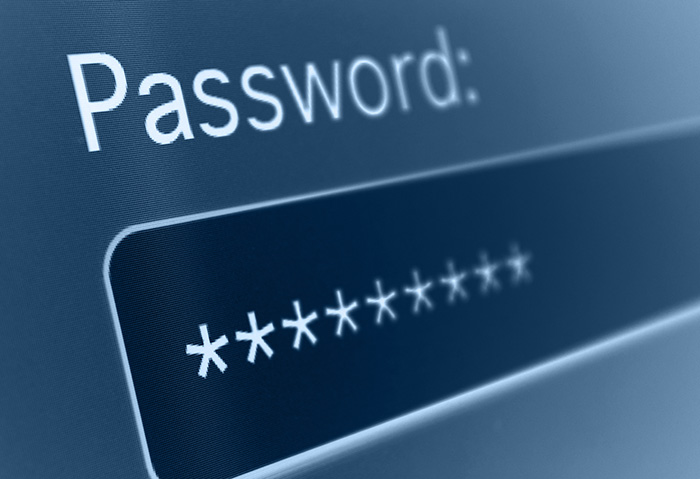CloudFlare Flaw Causes Potential Major Data Leak
 A serious flaw in the software code of one of the world's largest internet service companies has resulted in sensitive data being leaked across the internet. In a post-mortem blog entry, CloudFlare detailed how its edge servers were affected by a buffer overrun, causing requests made to websites using CloudFlare’s services to return bits of random data, potentially including private information such as API keys, user credentials, passwords, cookies and even private messages. The leaked data was also cached by search engines, increasing the chances that that it could have been used for malicious purposes. The flaw has been informally called “CloudBleed” because of its similarities to the earlier HeartBleed vulnerability.
A serious flaw in the software code of one of the world's largest internet service companies has resulted in sensitive data being leaked across the internet. In a post-mortem blog entry, CloudFlare detailed how its edge servers were affected by a buffer overrun, causing requests made to websites using CloudFlare’s services to return bits of random data, potentially including private information such as API keys, user credentials, passwords, cookies and even private messages. The leaked data was also cached by search engines, increasing the chances that that it could have been used for malicious purposes. The flaw has been informally called “CloudBleed” because of its similarities to the earlier HeartBleed vulnerability.
“CloudBleed” was initially discovered by Google researcher Travis Omandy, who reported the problem after observing unusual behavior from HTTP requests to websites that were running CloudFlare-based services. After analysis, CloudFlare traced the problem to its new cf-html HTML parser. Specifically, the problem involved a small error in the code which had been present in its older Ragel parser for years, but one that only surfaced when the switch to a new parser changed the buffering, causing the leak to occur.
CloudFlare’s immediate response was to disable features that were using the HTML parser causing the leak. In addition, it deployed a team to identify and fix the bug in the parser, which it managed to accomplish in a relatively short amount of time, minimizing the potential damage before the information became more widespread.
Should internet users be worried?
Given the number of websites using CloudFlare’s services and the lengthy period of time in which the leakage was potentially active (the earliest possible date being September 2016), it seems that there should be cause for concern, especially for users who regularly use CloudFlare-affiliated websites. However, the company also noted that the actual impact of the leakage is relatively minor. It estimated that during the February 13- 18 period in which the leak had the greatest impact, roughly 1 in 3,300,300 or roughly 0.00003% of HTTP requests made through CloudFlare could have potentially resulted in memory leakage.
This, combined with CloudFlare’s quick response to the incident, means that the leak’s impact should be minimal. Still, it should serve as a reminder for all internet users to take steps to secure their most important digital assets – especially if these contain sensitive data.
As this problem is primarily one beyond their control, the best course of action that users can take is to change their passwords on websites that use CloudFlare infrastructure. Beyond changing passwords, it is might be a good opportunity for users to take advantage of more effective verification methods such as two factor authentication.
Like it? Add this infographic to your site:
1. Click on the box below. 2. Press Ctrl+A to select all. 3. Press Ctrl+C to copy. 4. Paste the code into your page (Ctrl+V).
Image will appear the same size as you see above.
Recent Posts
- Estimating Future Risk Outbreaks at Scale in Real-World Deployments
- The Next Phase of Cybercrime: Agentic AI and the Shift to Autonomous Criminal Operations
- Reimagining Fraud Operations: The Rise of AI-Powered Scam Assembly Lines
- The Devil Reviews Xanthorox: A Criminal-Focused Analysis of the Latest Malicious LLM Offering
- AI Security Starts Here: The Essentials for Every Organization

 Complexity and Visibility Gaps in Power Automate
Complexity and Visibility Gaps in Power Automate AI Security Starts Here: The Essentials for Every Organization
AI Security Starts Here: The Essentials for Every Organization The AI-fication of Cyberthreats: Trend Micro Security Predictions for 2026
The AI-fication of Cyberthreats: Trend Micro Security Predictions for 2026 Stay Ahead of AI Threats: Secure LLM Applications With Trend Vision One
Stay Ahead of AI Threats: Secure LLM Applications With Trend Vision One